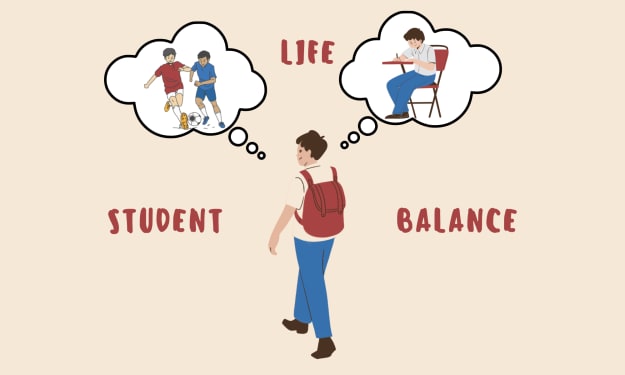Going Deep!
The Power of Immersion Based Learning

Learning is an essential skill for success, both in school and life. It’s a core part of education and it can open doors to many opportunities. One popular way to gain knowledge and skills is through learning by immersion, which is when a student focuses on a subject by immersing themselves in an environment abundant with relevant educational materials and experiences. Here, we’ll discuss the tools and techniques you can use to maximize your learning experience through immersion, as well as its impact on long-term educational outcomes and mental health.
What Is Immersive Learning?
Immersive learning is a method of education which involves immersing oneself in a certain environment, that’s abundant with educational materials, experiences and activities directly related to a particular subject area. It’s an effective way of learning, as it provides a more engaging and stimulating way of learning, compared to other methods.
An example of immersive learning could be a student learning about biology by immersing themselves in an environment that provides videos, articles, experiments, and discussion about the subject. It’s immersive because it’s full of diverse materials—multimedia, case studies, and more—all related to the topic of biology.
Benefits of Immersive Learning
There are many potential benefits to learning by immersion. Here are just a few of the biggest ones:
• It’s engaging: immersing oneself in a subject can be a highly engaging and stimulating experience.
• It diversifies your learning: learning materials related to the same topic can come in many different forms. By immersing yourself in all of them, you gain a more comprehensive, diverse view of your subject.
• It builds a community: engaging with a variety of materials, from different sources, can help you to connect with learning communities and find mentors and peers who can support and help you.
• It can lead to long-term retention: Immersive learning can help you to retain information better, in the long-term, as you’re able to practice and apply the knowledge to real-life scenarios.
• It can reduce stress: immersion can be a great way to de-stress, as it can help you to stay focused and motivated.
“Learning is not attained by chance, it must be sought for with ardor and attended to with diligence.” ― Abigail Adams
How to Maximize Your Learning Using Immersion
So, how can you maximize your learning experience using immersion? Here are a few tips to get you started:
1. Research and Fact-Check: Your first step should be to research your topic thoroughly. Make sure that you’re fact-checking the sources that you find, so you can be sure you’re receiving accurate information.
2. Brainstorm Ideas: After you’ve done your research, start brainstorming ideas on how to use it to immerse yourself in the subject. This could be anything from designing an experiment to creating a presentation.
3. Outline Your Process: Next, create an outline of your learning process. This can help you to stay organized and focused while you’re learning.
4. Take It Step-By-Step: Don’t rush the process—take it one step at a time. Start by tackling the most basic concepts, and then build upon them until you reach a level of mastery.
5. Make Use of Resources: Utilize available resources to help you in your quest for knowledge. Audio and video recordings can be especially helpful if they’re available.
6. Remember to Practice: You’re not just memorizing information—you’re using it, too. Be sure to practice what you’re learning, and apply it to real-world scenarios.
7. Find a Mentor: Find an expert in the field who you can turn to for assistance. With their help, you can learn more about the subject and get valuable feedback on your own progress.
“Any fool can know. The point is to understand.” ― Albert Einstein
The Impact of Immersion on Mental Health
Immersion is not only beneficial to your academic performance, it can also have a positive impact on your mental health. Immersion can help reduce stress, improve focus, and provide a sense of accomplishment. It also gives you the opportunity to build connections with people who have similar interests as you, which can help build confidence.
Immersion also encourages self-care and mindfulness. The process of actively engaging with topics can help you take a break from everyday life, which can be beneficial for your mental health. Research has shown that this method of learning can help enhance cognitive functions, including problem-solving, critical thinking, and creativity.
“It’s not that I’m so smart, it’s just that I stay with problems longer.” ― Albert Einstein
At the end of the day, learning through immersion can provide a wide variety of beneficial outcomes. It’s an engaging method of learning, with the potential to boost your academic performance, mental health and overall sense of accomplishment. So, what was your experience with learning through immersion? Let us know in the comments!
About the Creator
Mohammad Hammash
Web search lover🔍 & bookworm📚. Passionate about innovation💡, creativity🎨. Seeking new ideas & perspectives🌉. Making positive impact using tech🌍 humanity💕
Enjoyed the story? Support the Creator.
Subscribe for free to receive all their stories in your feed. You could also pledge your support or give them a one-off tip, letting them know you appreciate their work.






Comments
There are no comments for this story
Be the first to respond and start the conversation.